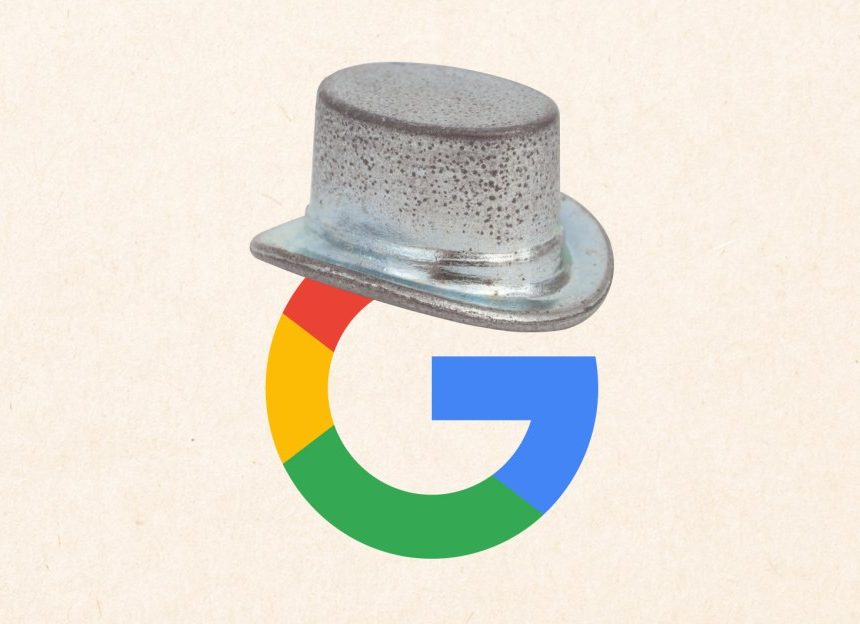With governments globally partnering with the biggest tech companies to try to win the artificial intelligence race, critics have warned of threats to US democracy, while the White House has escalated its attack on libraries, universities, and science over the past year.
Meanwhile, AI firms face dozens of lawsuits from creators and publishers, which Kahle thinks only the biggest tech companies can likely afford to outlast. The momentum behind AI risks giving corporations even more control over information, Kahle said, and it’s uncertain if archives dedicated to preserving the public memory will survive attacks from multiple fronts.
“Societies that are [growing] are the ones that need to educate people” and therefore promote libraries, Kahle said. But when societies are “going down,” such as in times of war, conflict, and social upheaval, libraries “tend to get destroyed by the powerful. It used to be king and church, and it’s now corporations and governments.” (He recommended The Library: A Fragile History as a must-read to understand the challenges libraries have always faced.)
Kahle told Ars he’s not “black and white” on AI, and he even sees some potential for AI to enhance library services.
He’s more concerned that libraries in the US are losing support and may soon cease to perform classic functions that have always benefited civilizations—like buying books from small publishers and local authors, supporting intellectual endeavors, and partnering with other libraries to expand access to diverse collections.
To prevent these cultural and intellectual losses, he plans to position IA as a refuge for displaced collections, with hopes to digitize as much as possible while defending the early dream that the Internet could equalize access to information and supercharge progress.
“We want everyone [to be] a reader,” Kahle said, and that means “we want lots of publishers, we want lots of vendors, booksellers, lots of libraries.”
But, he asked, “Are we going that way? No.”
To turn things around, Kahle suggested that copyright laws be “re-architected” to ensure “we have a game with many winners”—where authors, publishers, and booksellers get paid, library missions are respected, and progress thrives. Then society can figure out “what do we do with this new set of AI tools” to keep the engine of human creativity humming.


